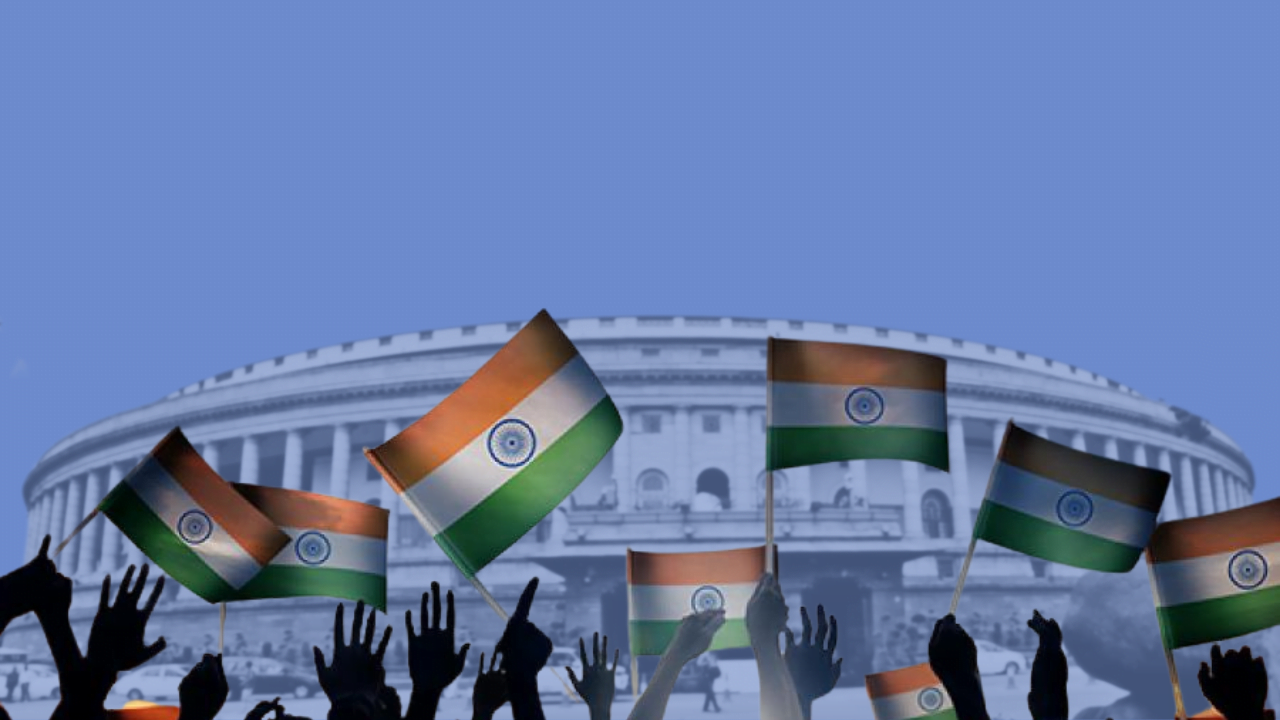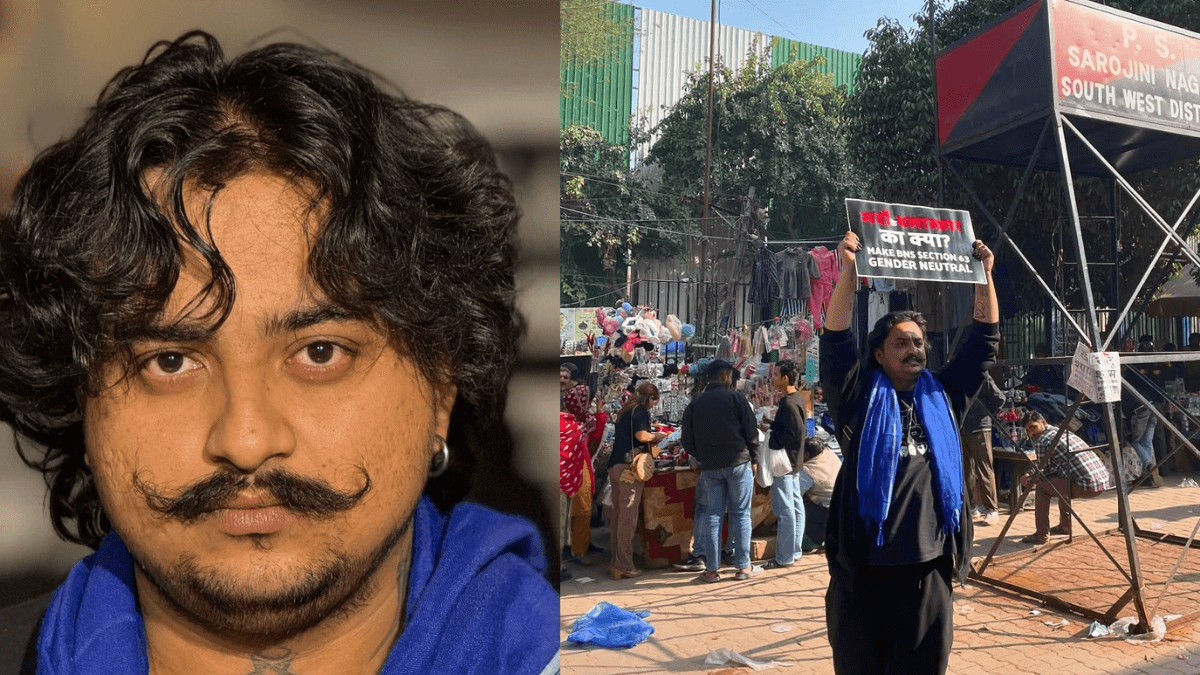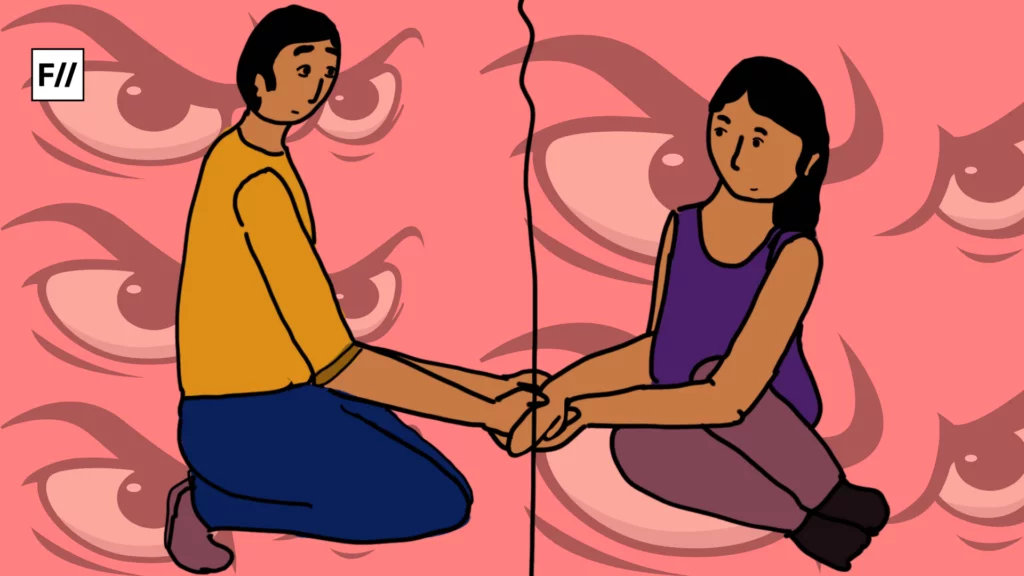Democracy is when the power lies with the people. To explain democracy in simple words it is when the people of India have a say in how the country runs. If going by the formal definition, democracy means rule by the people. It comes from the Greek word demokratia where demos means people and kratos means rule.
In a country like India, which is widely known as the world’s largest democracy, the presence of numerous cultures, religions, and ethnicities and the presence of multiple party system, elections etc leads to a diverse and equal society. But does this necessarily imply that India is a true democracy? Let’s dig deeper and understand other factors.
Elements of a democracy
1. Free and Fair election: The first and foremost feature is the election where the citizens have the right to their representatives through a transparent and unbiased process. In a democratic setup, elections must be conducted freely, without any obstacles ensuring fair access to voting rights for all eligible candidates.
2. Political Pluralism: A democratic society encourages political pluralism where several other political parties and ideologies are welcomed. This plurality prevents the dominance of any single group or ideology. It embraces healthy debate revolving around varied interests.
3. Rule of Law: Everyone is equal before the eyes of the law, and laws are applied impartially to all individuals including those in power. Ensuring the rule of law and safeguarding the rights of citizens is contingent upon the judiciary’s independence.
4. Protection of Human Rights: India has made significant strides in recognising and protecting human rights, including the rights of minorities, women, and marginalised groups. But there concerns persist regarding issues which as religious and caste-based discrimination, gender inequality, and violations of freedom of expression and dissent.
5. Accountability and Transparency: Promoting greater transparency are essential for reinforcing democratic governance. India has institutions and mechanisms in place to ensure accountability and transparency. There are challenges such as political corruption lack of transparency in campaign financing, and opacity in decision-making processes remain relevant concerns.
6. Citizen participation: Democratic ethos depends on citizens’ engagement and activism, supported by grassroots movements, advocacy campaigns, and civil society initiatives across the country. There are other barriers such as poverty, bureaucratic hurdles, illiteracy, and social exclusion which limit the meaningful participation and input of marginalised communities in the democratic process.
Cracks in the facade
Majoritarian Rule: After the two long terms of BJP serving the nations, the downfall of democracy is seen evidently with the arrest of Delhi Chief Minister Arvind Kejriwal. The Hindu nationalist movement, represented by Prime Minister Modi and the BJP party, has a century-old philosophy known as Hindutva. Nationalists long maintained that India should be the home of South Asia’s Hindus, just as Pakistan was for its Muslims, even before the region’s independence.
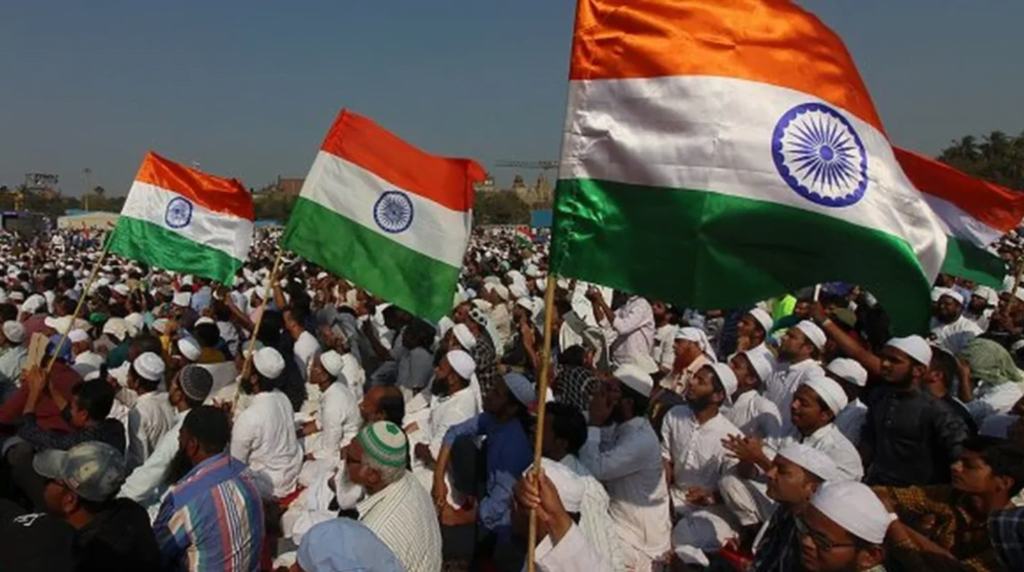
Erosion of Civil Liberties: There are concerns about the rising pressure of government on minorities, curbs on freedom of speech, and increased sedition cases against critics.
Media Bias: By disseminating information, influencing public opinion, and holding those in positions of authority responsible, the media is essential to every democracy. However, the democratic fabric of India is being threatened by the emergence of biased media. Indian media has been under fire recently for sensationalised stories, lack of impartiality, and biased reporting.
Is India a democratic nation?
India is known as the world’s largest democracy. According to a report by The Guardian, meeting minutes reveal that government officials from several ministries have been discreetly tasked with keeping an eye on India’s performance, even though they have publicly rejected several international rankings that indicate the nation is headed for catastrophic decline.
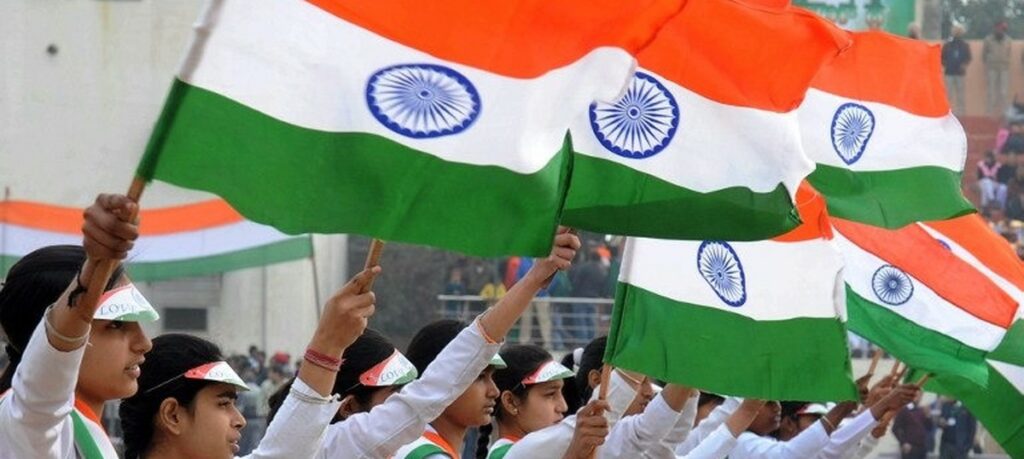
The minutes show that since 2021, top Indian officials have met at least four times to deliberate on the reasons for India’s persistent decline under Modi’s leadership from 2016 to 2020 in the Economist Intelligence Unit’s worldwide Democracy Index. India is characterised by the group as a “flawed democracy”.
Free and fair elections, independent judicial systems, and strong legal frameworks enable citizens in democracies to hold their leaders accountable.
While some contend that India’s democracy is in peril, others think its fundamental institutions are still robust. In order to maintain the health of Indian democracy going forward, these issues must be resolved and fairness must be guaranteed for all people and political players.
The importance of a functioning democracy
Moreover, a well-functioning democracy protects against tyranny and authoritarianism. Numerous instances of civilisations where the lack of democratic institutions resulted in the consolidation of power in the hands of a select few, leading to pervasive oppression and violations of human rights, can be seen throughout history. On the other hand, free and fair elections, independent judicial systems, and strong legal frameworks enable citizens in democracies to hold their leaders accountable.
Furthermore, by giving different voices a chance to be heard and represented in decision-making processes, democracy promotes social cohesiveness and national unity. Marginalised groups can influence policies that impact their lives through participation, such as women, ethnic minorities, and the economically disadvantaged, thanks to inclusive democratic institutions.
Will India’s democracy continue to exist?
In this respect, through its tight control of the media, monopolisation of campaign financings, and harassment of the opponents, India seems on its way to turning into an illiberal democracy. On the other side, the BJP has faced a virtually united opposition in many of the recent elections in states in which they have generally lost.
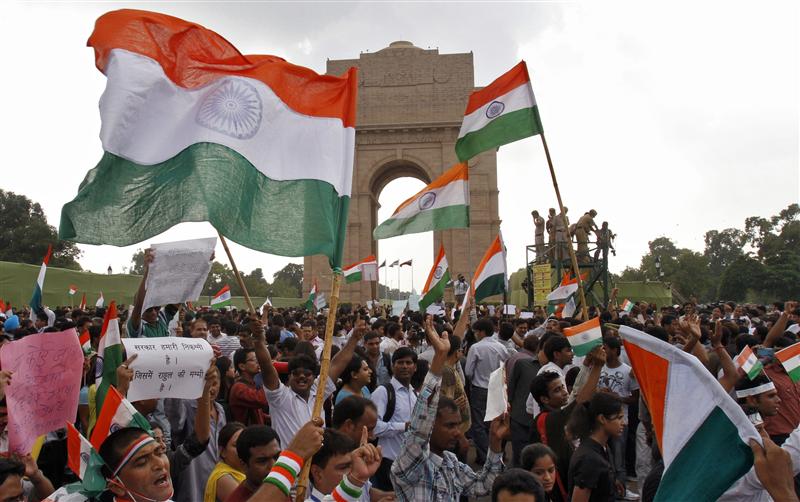
Similarly, it has not done a good job of creating growth in the economy. In the case of the pandemic, it indeed caused much damage but some of the policies the government made were also negative.
Demonetisation allegedly formed part of the BJP’s endeavours to combat the then popular cesum of tax evasion. In India, approximately 90 per cent of total transactions are done using notes and currency and very few people pay any income taxes. The government of India in 2016 decided to make 86 per cent of its banknotes worthless in battling against the problem of untaxed cash underground by bringing it to the surface.
These positive effects – such as additional taxes collected and also electronic payments stimulated – are marginal. Many economists, however, do believe that along with a lot of damage in rural India, a lot of harm might have been done.
In 2020, the government requested amendments to the agricultural sector by suggesting the following reforms. India’s agriculture sector is completely exhausted from new reforms. Poverty is the basic characteristic feature of the majority of farm workers, but they manage to feed the country causing malnutrition. It is around 36 per cent only that the food supply chain works well in India, other than that India is inefficient in the realm of the agriculture supply chain.
While some experts recommended the changes would be advantageous for India, the majority of them did not, however. Much the same way, the farmers, who again majorly hailed from Punjab and Haryana, came out in front of Delhi. After a year of farmers protesting in 2021, the government was finally obliged to give in, concerning the issue.
Conversely, although the results of the BJP campaign campaigns may not exactly match its performance in office, it is still possible that many Indians think an even worse reality is under different governments.
However, in these upcoming elections and possibly in the next general election, the key factor could be whether opposition parties choose to come together and drive away the BJP’s support or compete for the anti-BJP vote, leading to divided opposition support.
About the author(s)
With a passion for storytelling and a keen interest in human behavior, Iti Dewangan is currently honing her skills in journalism, psychology, and English Literature. Having contributed to esteemed organizations like The Wire, Iti is dedicated to amplifying voices, uncovering truths, and making a positive impact through her writing. With a vision to become a respected journalist, she endeavors to navigate the ever-evolving media landscape with integrity, empathy, and a commitment to truth.
